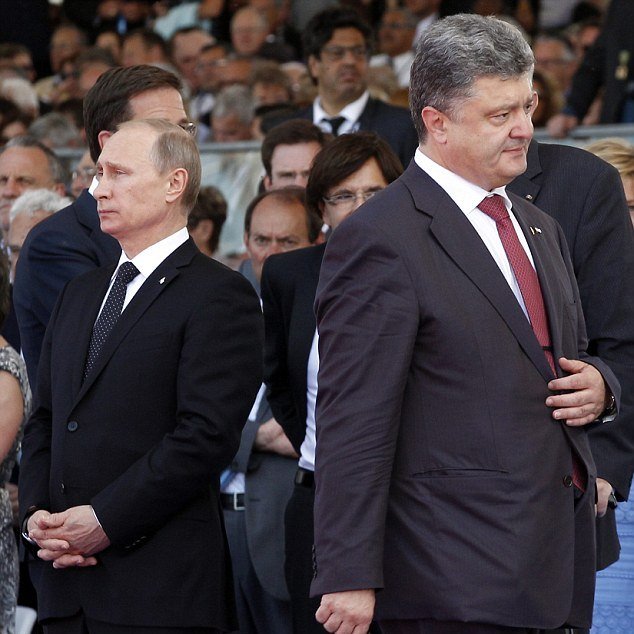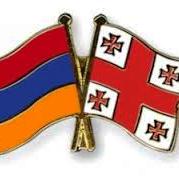(Council on Foreign Relations) President Vladimir Putin is in many ways a "great balancer," trying to maintain the support of various factions in Russia, explains long-time Russia expert Kimberly Marten. On the one hand, he cannot risk a "major Ukrainian war" that would draw new international sanctions and further dent Russia's economy. On the other, "he has to deal with Russian ethnic nationalists who are begging for blood" in Ukraine, she says. Marten points out that both Putin and President Petro Poroshenko of Ukraine are skilled negotiators who have worked together in the past, and she holds out hope that they might be able to work out something "that satisfies everybody sufficiently so that there can be some kind of an end to the fighting and some kind of economic deal."
After the newly-elected president of Ukraine, Petro Poroshenko, called on his forces to end a week-long cease-fire and attack pro-Russian forces in eastern Ukraine, President Vladimir Putin of Russia compared himself with a great figure from the past in a speech to Russian diplomats in Moscow. What's going on with President Putin?
In many ways, Putin has to appeal to different audiences. He's had a history of being the great balancer, of trying to keep all the various factions that surround the Kremlin behind him so that he maintains his authority and the ability to give out resources to his supporters; and he maintains popular support. Part of the reason his speeches are getting more and more complex is that he's trying to balance various audiences who are demanding things from him.
Does he want a Ukrainian war?
On the one hand, he doesn't really want to commit more economic resources to a major Ukrainian war. He knows that it would not be successful and would be extraordinarily costly. It's already clear that the annexation of Crimea is going to put a big dent in the Russian budget at a time when the economy is already in decline. So that's one audience that he has to please and show that he's not actually going to take aggressive actions that would put Russian resources at risk.
But at the same time, he has to deal with Russian ethnic nationalists who are begging for blood. This is the opportunity they've been waiting for. There's a history of ethnic conflict throughout Russia that has been getting worse in recent times. Last October, there was a major riot between Central Asians and Russians just outside of Moscow. The police seemed to be supporting the Russian side in that riot. So this is sort of another group that he has to be very concerned about.
We have a tendency in the West sometimes to think about Putin as if he is an individual in absolute control of the country, but that's not the way that Russia has ever worked. There has never been absolute control even inside Moscow; there have always been various competing factions, and the further away you get from Moscow, the harder it is for the authorities in Moscow to maintain control. And so he's in sort of a tough position where he has to balance all of these various people, and at the same time, try to avoid having more international sanctions come down on his head. […]
Read the full interview © Council on Foreign Relations











